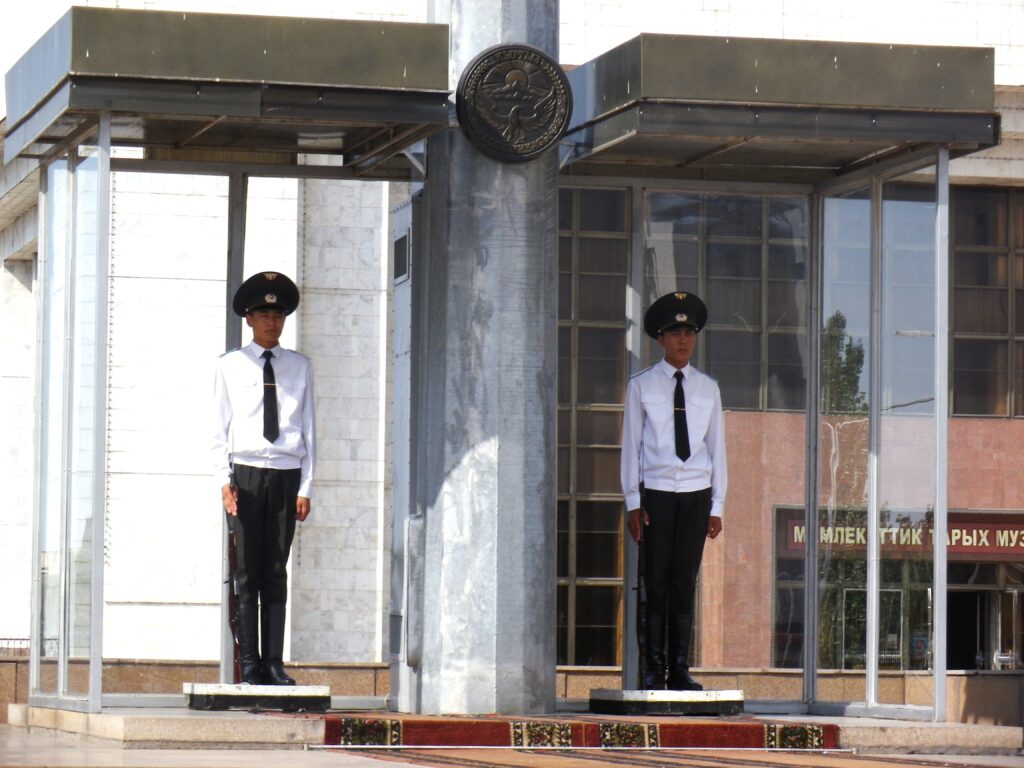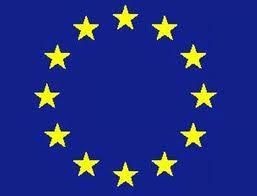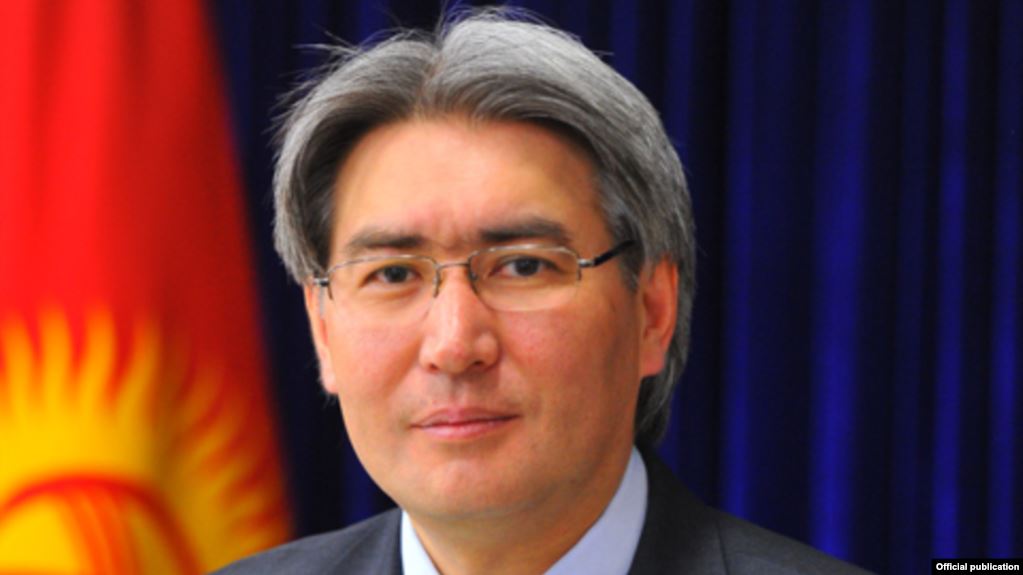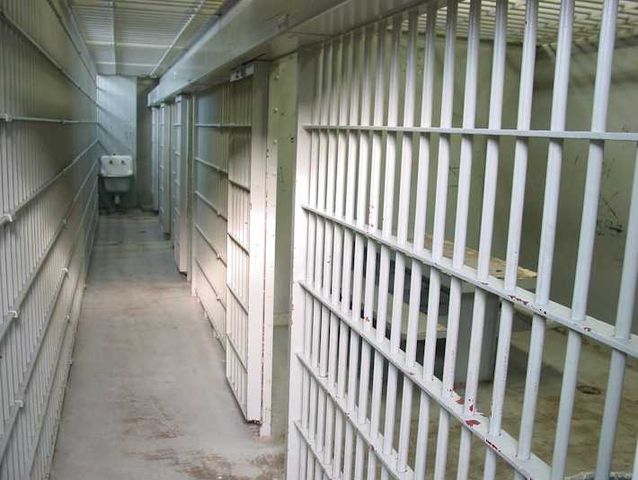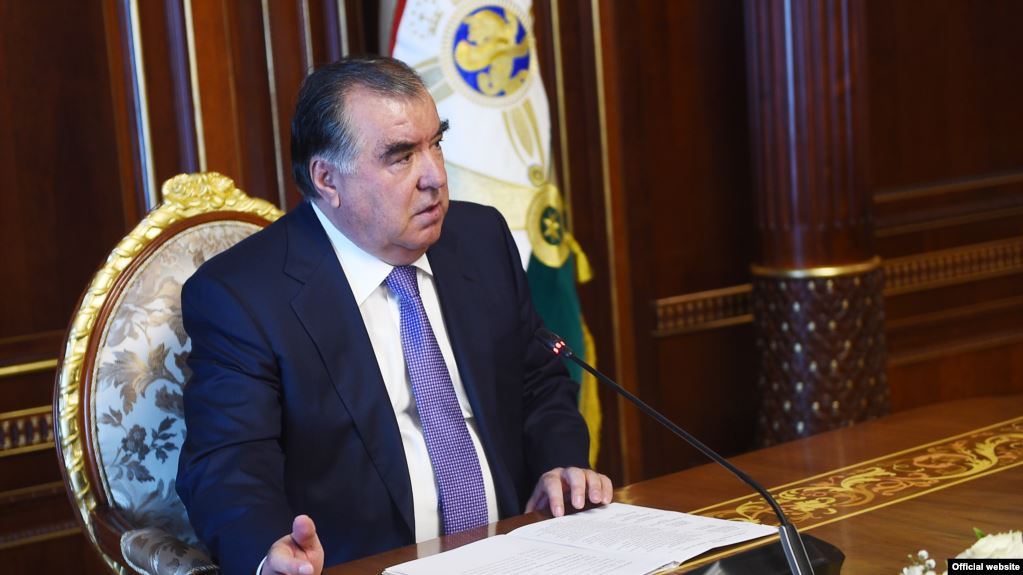Kyrgyz Parliament Developing a Russian-Kyrgyz Legislative Dictionary
Last summer, the Kyrgyz Republic adopted a law on the official state language, according to which all civil servants must speak Kyrgyz, and speak only the state language in Parliament and the ministries. As one of the members of the working group in Parliament notes, a lot of international terms have appeared in legal practice today, and civil servants - sometimes not knowing their exact meaning in Kyrgyz - use the terms in their work, often incorrectly, causing potentially grave misunderstandings. "The main purpose of the initiative is to eliminate confusion in the terms used in the application of legal acts - bringing them into a unified system," said Nurlan Azygaliev, Deputy Speaker of the Parliament. Another member of the working group, the Chairman of the State Commission on Language, said the initiative would have a positive impact on the development of the Kyrgyz language as a whole. After officials develop a dictionary for legislative acts, they will work on creating an explanatory Russian-Kyrgyz dictionary of legal terms. "These issues should have been given attention since the first years of independence. We all need to work together in this direction," said State Language Commission Chairman, Melis Murataliyev. Several years ago, Kyrgyz President Sadyr Japarov urged officials to switch to Kyrgyz language documents. As the president noted, if officials remain indifferent, the Kyrgyz language will not develop. The head of the republic cited statistics that indicate ministries and agencies of Kyrgyzstan use Kyrgyz language only in 10-15% of the documents in circulation. The rest of the documents are printed in Russian. "These indicators should not be less than 50%," Japarov emphasized. According to the law adopted by the president, the Kyrgyz language should be used also for administrative dealings such as court proceedings, concluding international agreements, and conducting elections. It should also be used in more common communication in education, science and culture, as well as in the media and other areas. Today, Kyrgyzstan's mass media must publish more than half of all their publications in the state language. According to the republic's constitution, the authorities are also obliged to support the development of other languages spoken in the country. "Kyrgyzstan adheres to the principle of the free use of languages of representatives of all ethnic groups living on the territory of the country, and guarantees the creation of conditions for the development of these languages. Every citizen has the right to create conditions for the preservation, study and development of his or her native language," the law stipulates. Currently, most state orders, decrees and administrative legal acts, especially in the capital, Bishkek, are issued in Kyrgyzstan's de jure official language - Russian.


